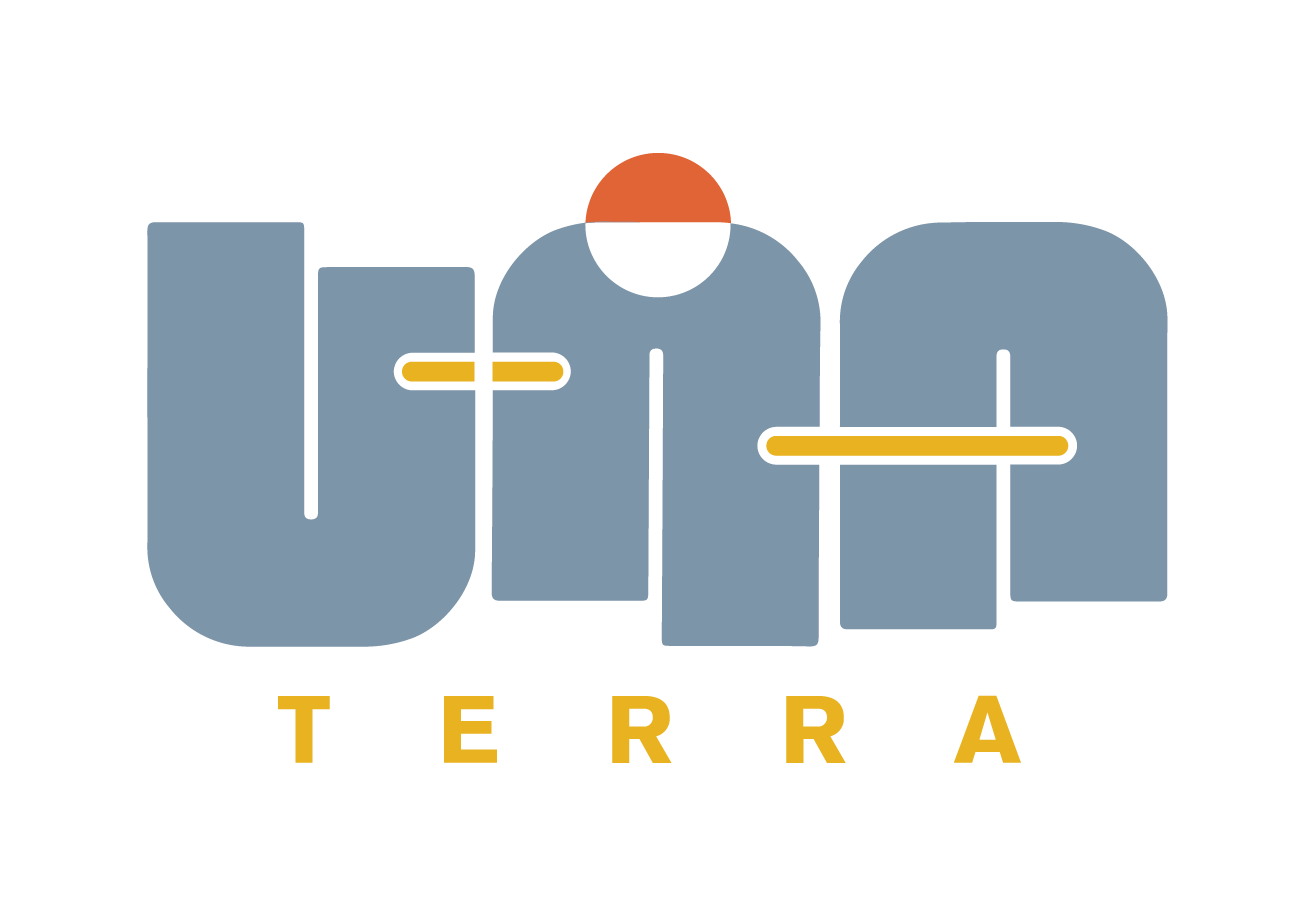5 Tips to Decolonize Your Food
June 8, 2020Colonial relationships of production and consumption have harmed our planet; we can change that.
By Glauce Fleury
I recently tried Mandazi thinking it’d be a first, but they’re the same doughnuts my grandpa fried for afternoon teas back in Brazil. Yikes! If Mandazi were created by Swahili people, why on earth do Brazilians call them something else and say the dish is Portuguese? I had to educate myself, so get on board!
1. Unlearn and be uncomfortable
Colonizers stole the Brazilian land from Indigenous peoples, and enslaved blacks brought from African countries. They also appropriated the African culture, which includes food. Never trust the man! Colonizers have done it everywhere, including in Canada. As food justice activist Leah Penniman says, colonization of food systems is the imposition of European control power and European norms over our food system.
Just observe who’s getting environmental benefits and who’s suffering from environmental harms. Decolonizing our foods is key. By eating traditional foods found in our local ecosystems, we help reduce our environmental impact and increase our chances of having a more permanent home.
Tip: try one traditional recipe from your culture every month.
2. Connect to cultural legacies
Everyone connects food to memories. Food is part of our cultural identity. Like Mandazi to me. Some indigenous cultures, for example, tell that maize was a gift from a Sky Woman to their people on Turtle Island. Maize and her sisters (beans and squash) would prevent starvation, but colonizers (they again!) split the sisters by creating monocrops of maize filled with pesticides. They’ve also turned maize into corn syrup, which drives diabetes in children. You see what I see, right? We’re not too late to go back to the source.
3. Adopt daily actions to protect the environment
We should ask how our ancestors behaved pre-colonization. Were they producing food sustainably? Were their foods nutritious and free from chemicals? The answers are yes! Preserving our cultural identity is important, but not at the expense of the environment. Incorporating their food choices back into our modern diets will benefit us and the planet. Decolonizing can look like eating local crops, buying from local and small-scale farms, and using traditional recipes. Reducing impact comes from our daily choices, so it’s up to you and me to ensure we have a home — or are you waiting for an alien to give you a ride somewhere else?
4. Aim to reduce animal products by 50%
Born and raised in Brazil, I know: meat has social value. It’s easy for vegans to feel excluded from social circles. I remember what it’s like to join barbecues, and the pressure to eat more meat. We can veganize almost anything. Mandazi, for example, don’t need cow’s milk or eggs. After six years as a vegan — intentionally making a point against animal abuse and climate changes — I see my new diet hasn’t made me less Brazilian.
Tip: switch half your recipes to vegan versions for a month to see how you feel.
5. Preserve spiritual relationships with fooD
Food justice activist Leah Penniman says food has intentionally been used as a weapon. That explains many diseases resulting from poor food choices such as processed foods, way more accessible than fresh, organic foods. And we know who can buy what, so power to the people! In an interaction with elders from Ghana, Leah was asked if it was true that farmers in the U.S. don’t pray, sing or dance to plant seeds. When she agreed it’s true, she heard, “That’s why you’re all sick. You treat the Earth as a commodity.” Ouch!
Undoing our colonial relationship with the production and consumption of food has the potential to revolutionize our Canadian food systems. Let’s start with our own kitchen and community?
By Glauce Fleury
www.glaucefleury.com

0 Comments